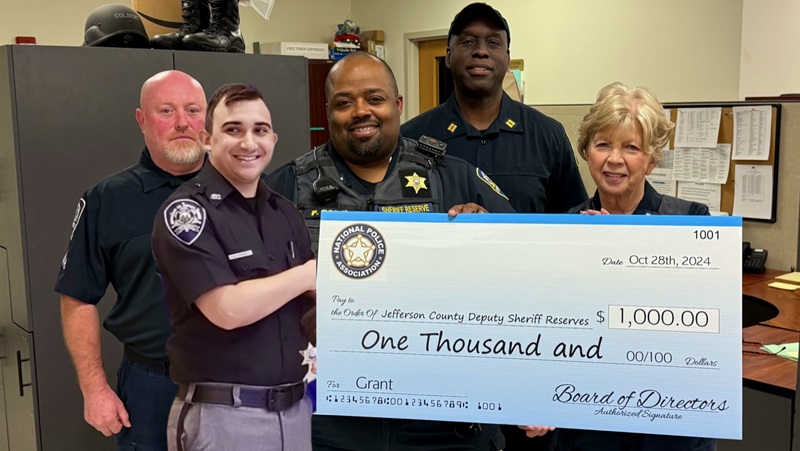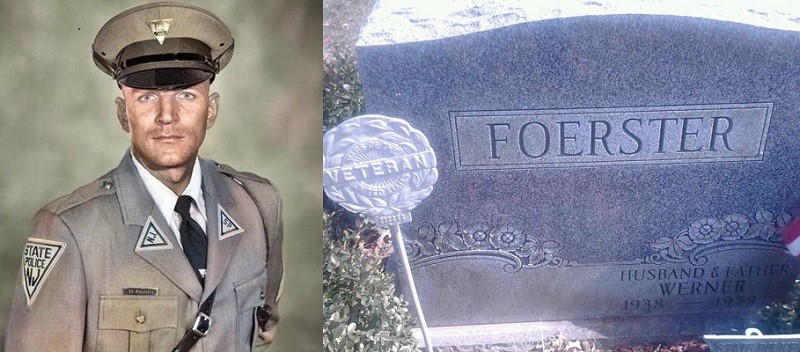
By Steve Pomper
After graduating from the Washington State police academy in 1992, the Seattle Police Department assigned me to a precinct that was not my first choice but only because of my selfish interest in a shorter commute. Still, a trade with a senior officer was already in the works when I showed up, so I’d be going to my preferred precinct, anyway.
However, after those four short months, I would have happily remained. My sergeant was already a legend, a great cop, an even better supervisor, and he led an excellent squad of stellar cops. He would go on to serve the city for 50 years.
But fortune was on my side when I landed in my desired precinct, where I would work in various squads for the rest of my career. Not only did I get another great sergeant but also another outstanding squad. I was a rookie; I knew it, but I worked hard and fit in soon enough.
Now, since this bit of wisdom that the sergeant passed along launched me on this reverie, I’d like to share just a few tidbits that any supervisor—any cop, could benefit from.
During roll call, one shift, some cops started talking about other assignments they were aiming for. This was probably somewhere during my second year in the squad.
Sarge listened with his disarming smile, good nature, and obvious intelligence. Our squad was cohesive and hard-charging (when cops were still allowed to do their jobs), and we also enjoyed doing things off-duty together (like “choir practice,” softball, and waterskiing). He said something I’ve never forgotten. “Think about this: If you’re in a good squad, now, it could be the best assignment you’ll ever have in your entire career. So, enjoy it.”
I’ve thought about that advice often over the years—applying it to situations on and off the job. He was right. Because of the morphing nature of police work (life), either through shift changes, promotions, different assignments, retirements, or just department needs—or politics, officers’ duties change throughout their careers. Your best assignment could be your first, last, or somewhere along the way. It doesn’t mean other assignments won’t be good, but maybe just not as good.
I found it interesting that Sarge didn’t necessarily encourage us to stay in whatever great assignment forever because of the inevitable change that happens—and not always for the better. Rather, he said to “enjoy it,” to appreciate it while you are there. Appreciate your squad mates, supervisors, or subordinates and realize how fortunate you are/were to have that experience. Not everyone does, and you may not always.
I worked for that supervisor for many years in a patrol squad and as a patrol officer in a specialty unit. And that wasn’t the only bit of wisdom he passed on to his officers over those years. What follows are a few more nuggets:
If an officer caught a crook and said, “I just got lucky.” Sarge would say, “It’s not luck if you’re out looking and you find your suspect or stop a crime. You make your luck by doing good police work.”
While having coffee with him once, he gave his view on a supervisor’s role. “Sergeants should be seen and not heard. We are here to support our officers when we’re needed.”
He told us, “If you get in trouble, I’ll always back you as long as you did the job as trained and acted in good faith.”
“You are trained professionals,” he’d say, “and you need to be trusted to do your job without someone micromanaging. Just one thing: Let me know anything I should know; I never want to be blindsided.”
I knew what he meant. You may have done something or made a mistake that got some attention and might generate a complaint. He didn’t want to be surprised by a visit or phone call about it. He preferred you give him a heads up, so he was ready to deal with it.
Finally, a quick word about officers working in blue jurisdictions today, like I worked for back when the city government wasn’t even as radical as it is now.
Despite how things are for cops now, one thing that hasn’t changed. Talk to officers, those still on the job and even those fed up and choosing to leave. Without exception, they will tell you the single best thing about the job is the people you work with.
Back in the academy, our instructors told us, “In this job, you will meet some of the best people you’ll ever meet in your lifetime. They were right.






